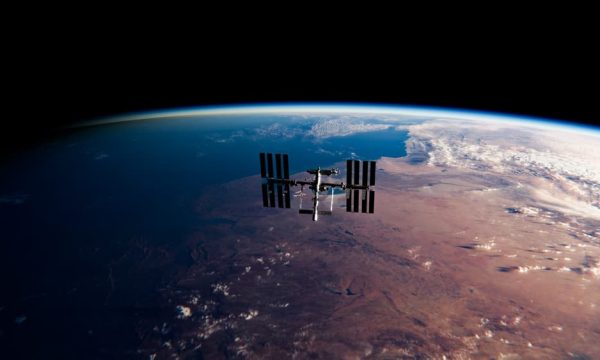
How Many People Are in Space Right Now?
Last Updated: March 27, 2024
Space exploration has captivated the world’s imagination for decades, with countless individuals dreaming of one day venturing beyond Earth’s atmosphere. Today, that dream has become a reality for a select few.
So, how many people are in space right now? In this article, we’ll discover the names of the brave men and women currently living and working aboard the two space stations currently in orbit around the planet.
As of April 14, 2024 there are 10 people currently living and working in space.
Here's a quick rundown 👇
- 4 Astronauts
- 3 Cosmonauts
- 3 Taikonauts
By Country 🌍
- 2 Americans 🇺🇸
- 3 Russians 🇷🇺
- 3 Chinese 🇨🇳
- 1 Japanese 🇯🇵
- 1 Danish 🇩🇰
There are currently 7 people onboard the ISS
The crew of the ISS is usually made up of seven people from different countries, reflecting the collaborative and international nature of the space station. When a new crew arrives and departs, there may be a temporary overlap period during which the number of crew members exceeds the usual limit.
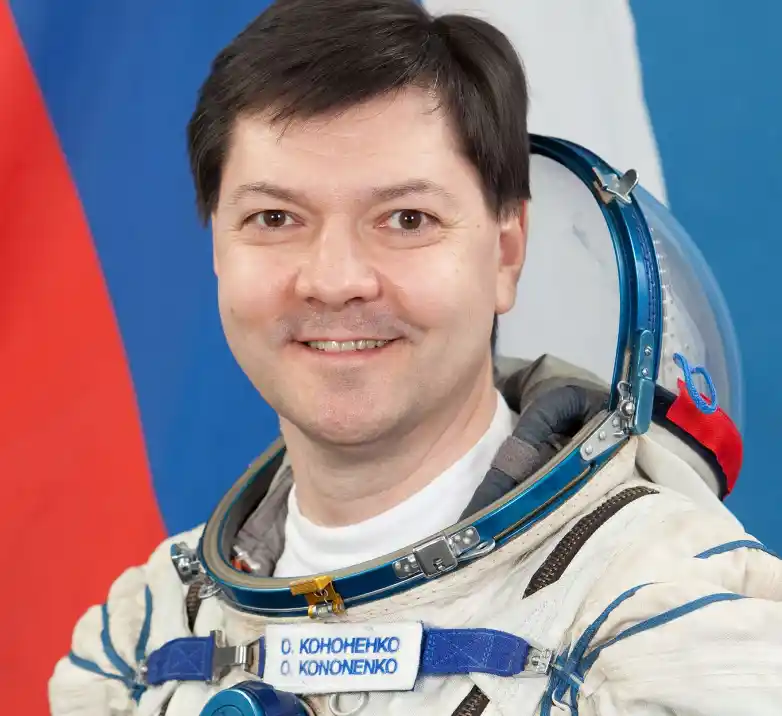
Oleg Kononenko
ISS commander
Oleg Dmitriyevich Kononenko is a highly experienced Russian cosmonaut who has undertaken five missions to the International Space Station, serving variously as a flight engineer and commander, and accumulating over 788 days in orbit, the most of any currently active cosmonaut or astronaut
Oleg joined the ISS via the Soyuz MS-24 spacecraft. He has been in space since September 2023.
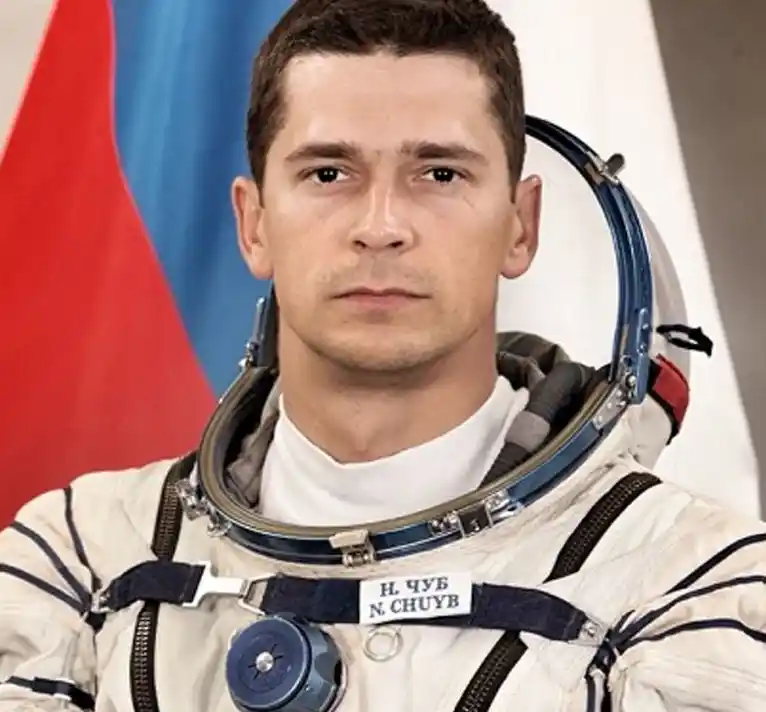
Nikolai Chub
Flight Engineer
Nikolay Aleksandrovich Chub is a Russian cosmonaut selected by Roscosmos in 2012, who rose through the ranks after excelling in management and informatics, as well as economics, and heading the company Space Tu, LLC. Chub has faced challenges such as initially being denied a U.S. visa critical for ISS safety training but was later granted entry, and after serving as a backup for several missions.
Nikolai joined the ISS via the Soyuz MS-24 spacecraft. He has been in space since September 2023.
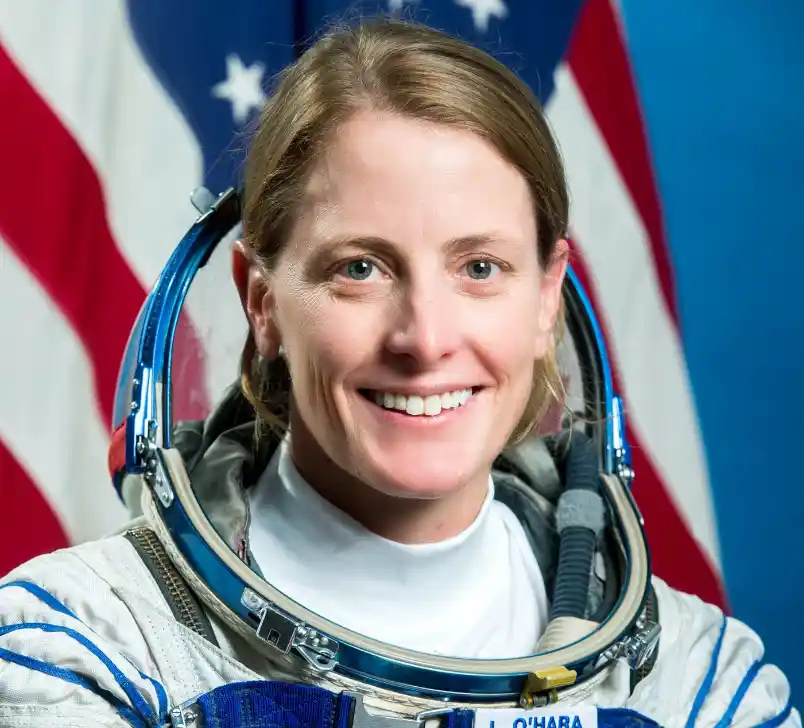
Loral O'hara
Flight Engineer
Loral O’Hara, a skilled engineer and accomplished astronaut, boasts a background in aerospace engineering and aeronautics. She has been instrumental in pivotal projects at Woods Hole Oceanographic Institution and has integrated her expertise into NASA’s operations. As a recent addition to the astronaut corps, she was re-assigned to Soyuz MS-24 due to unforeseen changes with MS-22.
Loral joined the ISS via the Soyuz MS-24 spacecraft. She has been in space since September 2023.
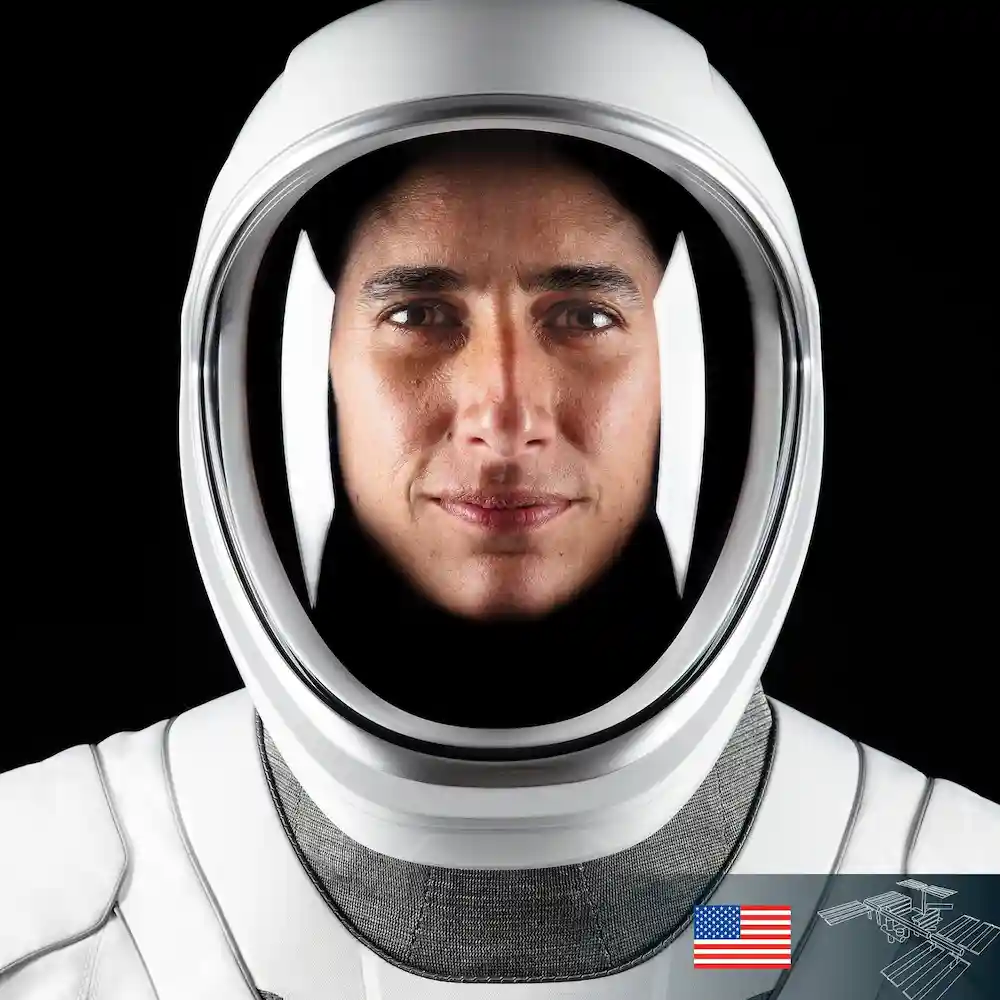
Jasmin Moghbeli
Flight Engineer
Jasmin Moghbeli is an American NASA astronaut and U.S. Marine Corps test pilot with the rank of Lieutenant Colonel. Commissioned in the Marine Corps in 2005, she has flown over 2,000 hours and completed 150 combat missions, including deployments in Afghanistan.
Jasmin joined the ISS as part of the SpaceX Crew-7 mission. She has been in space since August 2023.
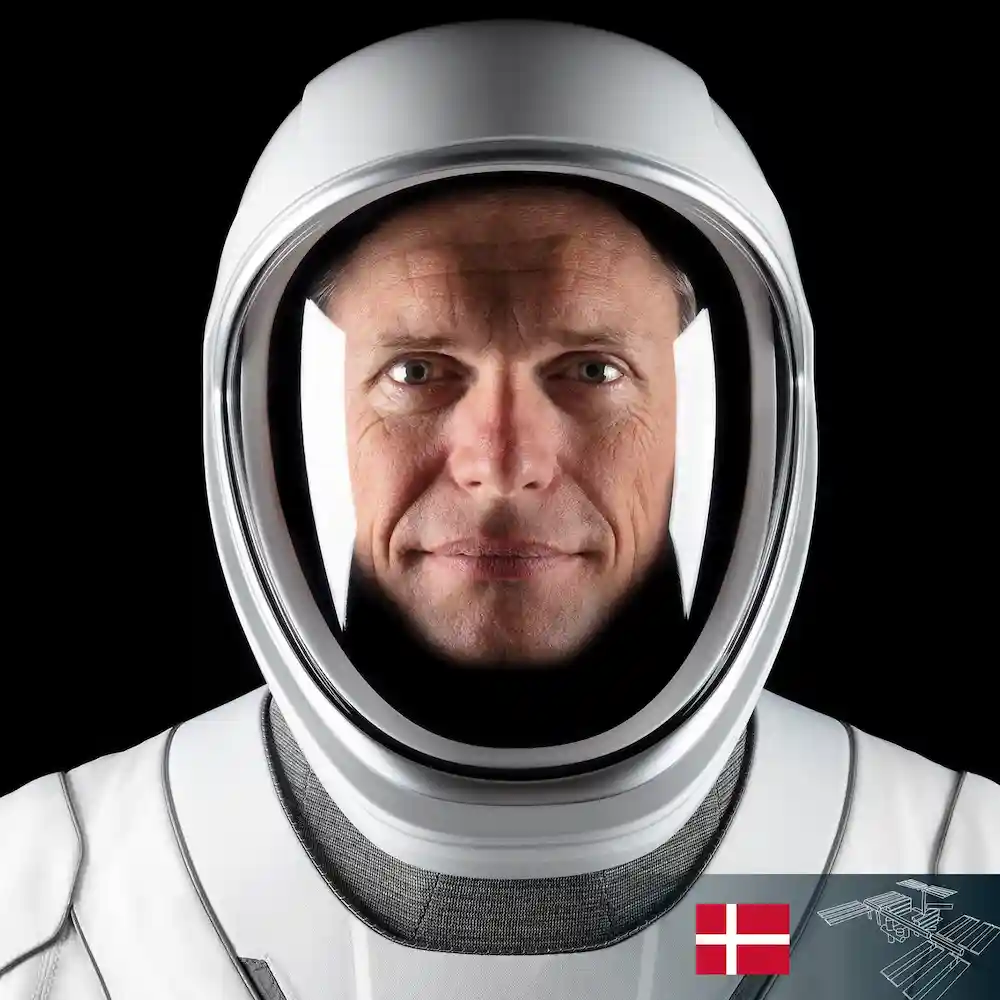
Andrea Mogensen
Flight Engineer
Selected by ESA in May 2009, Mogensen became a member of the European Astronaut Corps in 2010. He has participated in multiple training programs, including ESA’s CAVES and PANGAEA, and NASA’s NEEMO 19 undersea exploration mission. His first spaceflight was a ten-day mission aboard Soyuz TMA-18M to the International Space Station (ISS) in September 2015.
Andrea joined the ISS as part of the SpaceX Crew-7 mission. He has been in space since August 2023.
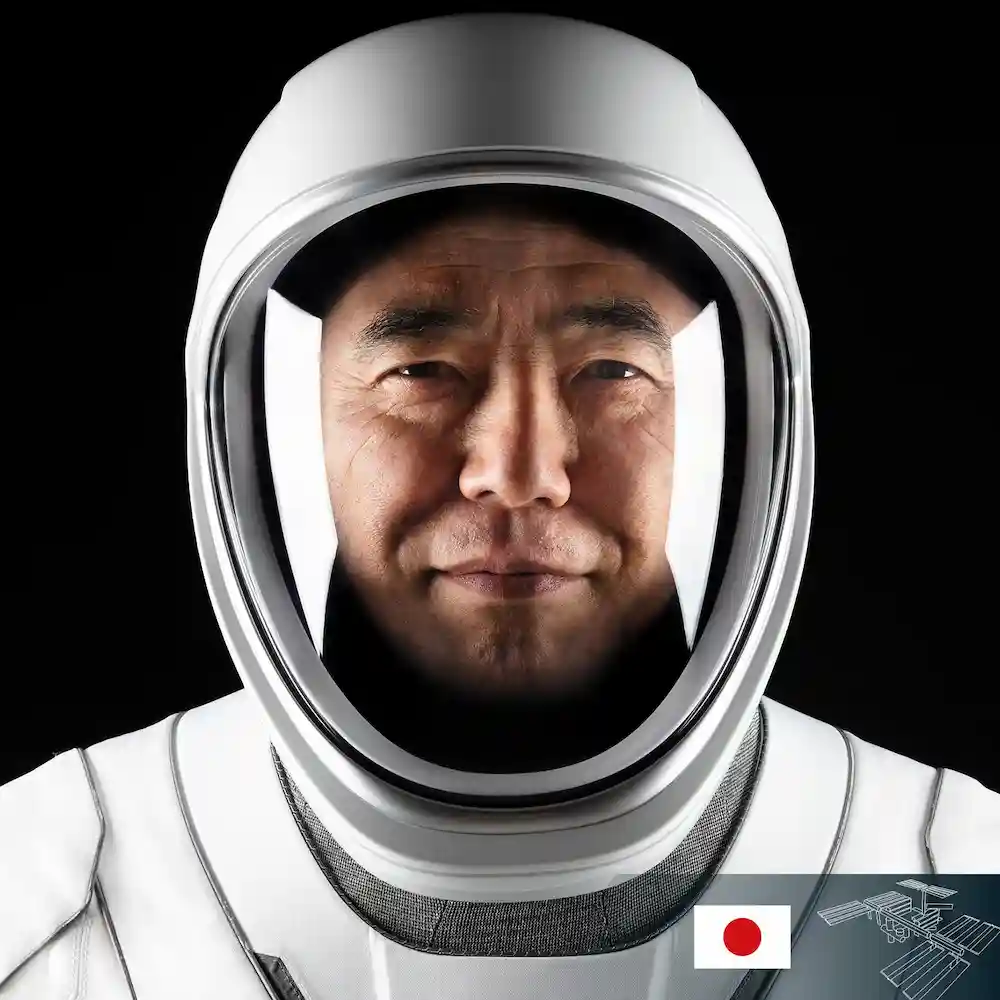
Satoshi Furukawa
Flight Engineer
Furukawa worked in various medical departments before being selected by the National Space Development Agency of Japan (NASDA), now JAXA, in 1999 as an astronaut candidate for the International Space Station (ISS).
Furukawa’s first spaceflight was as a flight engineer on ISS Expedition 28/29, launching on June 7, 2011, and returning on November 22, 2011.
Satoshi joined the ISS as part of the SpaceX Crew-7 mission. He has been in space since August 2023.
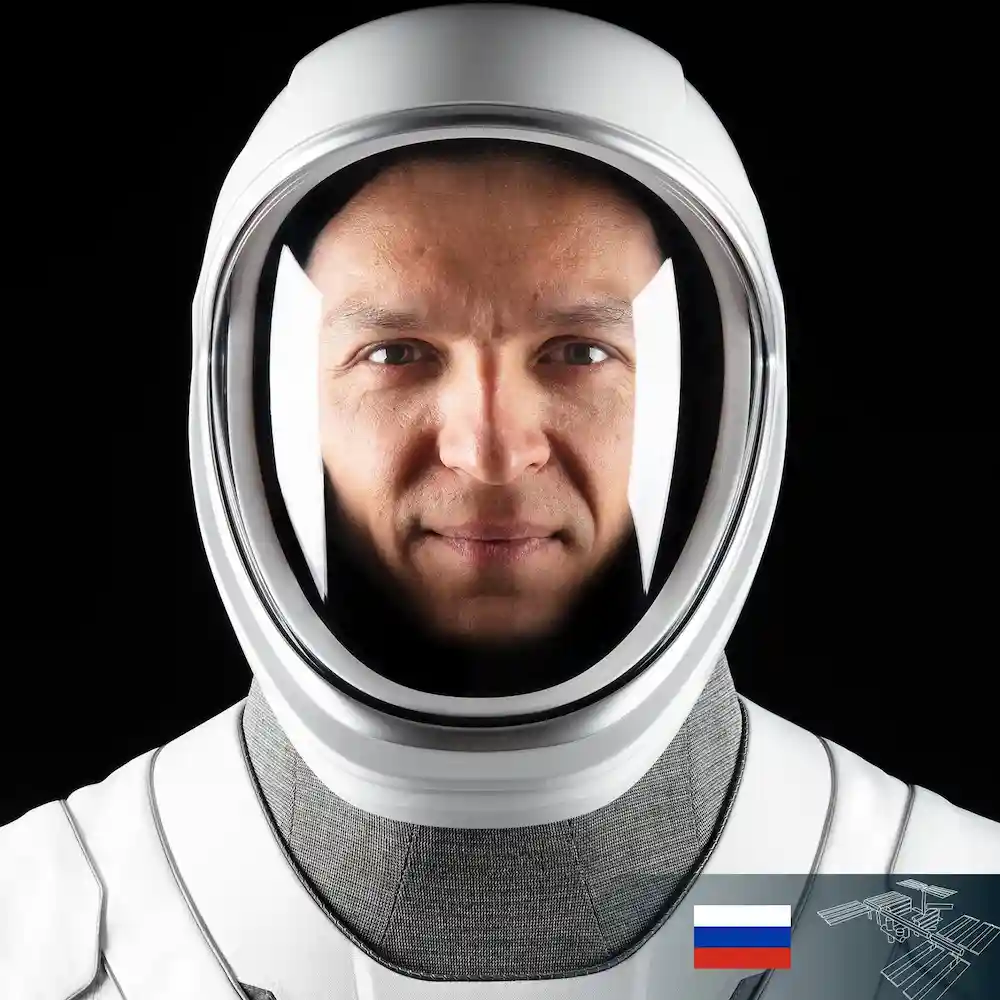
Konstantin Borisov
Flight Engineer
Selected as a cosmonaut in 2018, Borisov passed the state exam in December 2020, qualifying him for spaceflight assignments. He has been assigned as a Flight Engineer on Expedition 69/70 for the SpaceX Crew-7 mission, where he is expected to stay for six months.
Konstantin joined the ISS as part of the SpaceX Crew-7 mission. He has been in space since August 2023.
Where is the ISS right now?
If you want to know where the ISS is right now, the map below allows you to see exactly where the ISS is currently located. The yellow line shows the ISS trajectory for the last 90 minutes (past) while the white line shows the ISS trajectory for the next 90 minutes (future). This map also displays the areas where it is daytime (white) and the areas where it is nighttime (black).
Map Source: www.esa.int By Iacopo Baroncini
ISS Video Feeds
This external camera called the High Definition Earth-Viewing System (HDEV) was operational from April 2014 until August 2019. This feed now continually streams past broadcast.
There are currently 3 people onboard the Tiangong Space Station
The Tiangong Space Station is an orbital laboratory operated by China. Tiangong means “heavenly palace” in Chinese, and the space station is intended to be a symbol of China’s rising technological and scientific prowess.
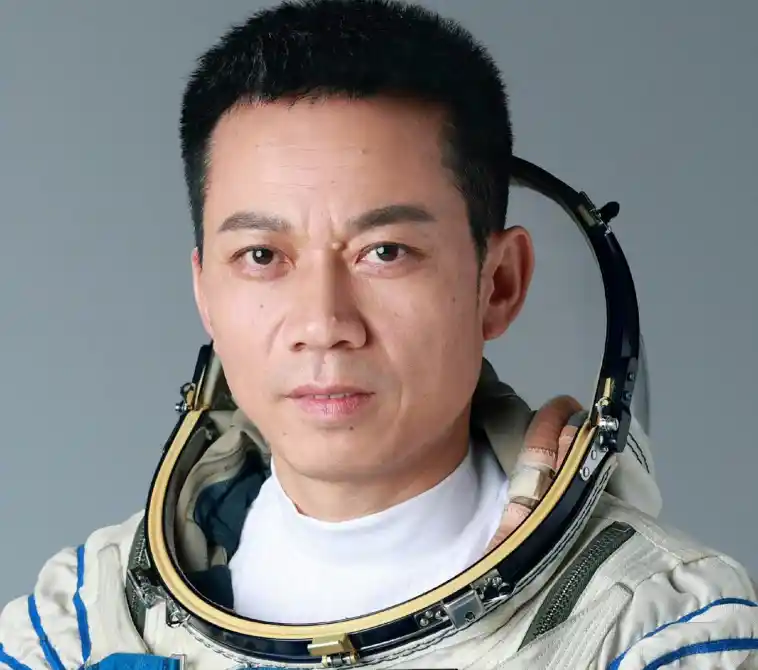
Tang Hongbo
TSS commander
Senior Colonel Tang Hongbo, a Chinese fighter pilot turned taikonaut, has been a part of the People’s Liberation Army Astronaut Corps since 2010 and undertook his inaugural spaceflight on the Shenzhou 12 mission to the Tiangong space station.
Making history, he became the first taikonaut to visit Tiangong twice, commanding the Shenzhou 17 mission in October 2023.
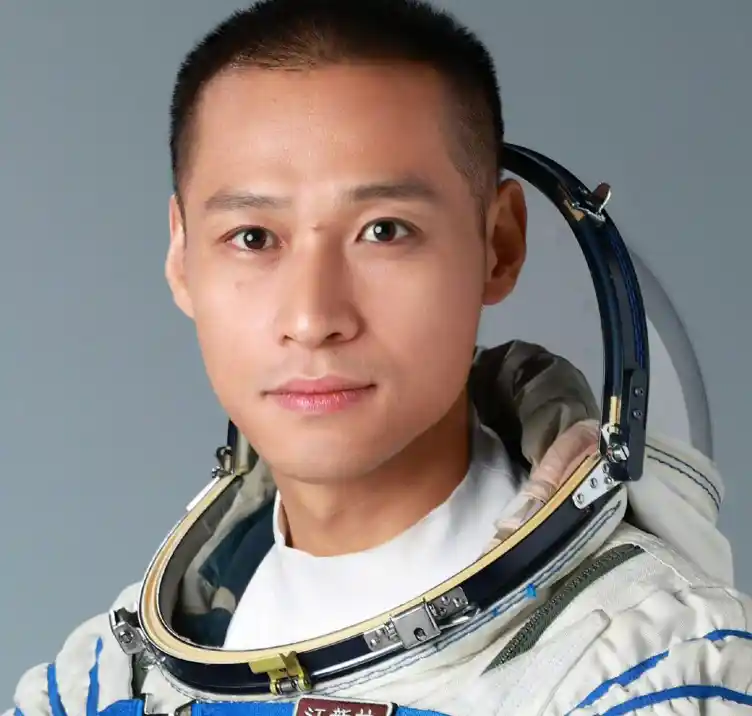
Jiang Xinlin
Operator
Jiang Xinlin joined the PLA in 2006, the CCP in 2010, and after extensive pilot experience and astronaut training, achieved the rank of lieutenant colonel before being chosen for the Shenzhou 17 spaceflight.
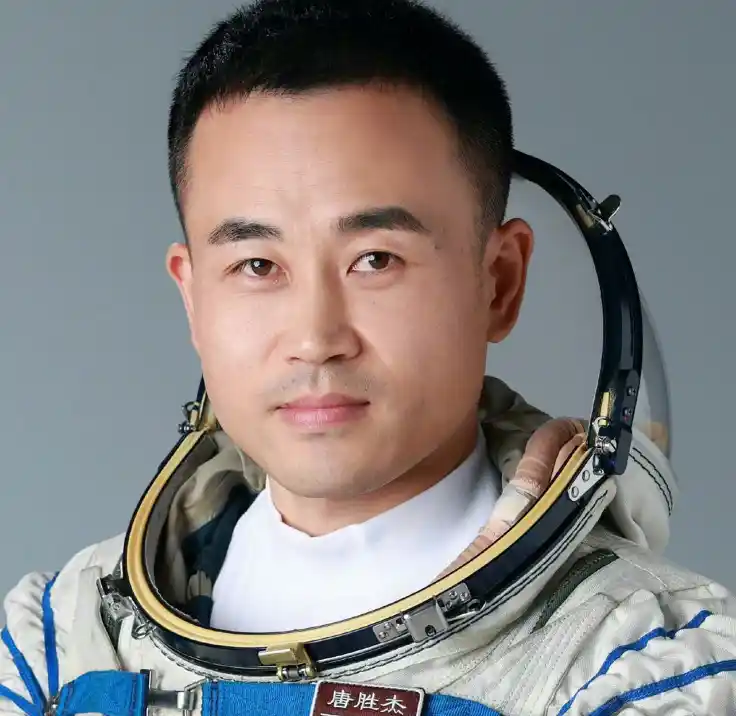
Tang Shengjie
System Operator
Where is the TSS right now?
If you want to know where the TSS is right now, the map below allows you to see exactly where the orbital station is currently located in the sky.
TSS Twitter Feed
Frequently Asked Questions
How do astronauts travel to space stations?
Astronauts travel to space stations aboard spacecraft, such as Russia’s Soyuz spacecraft, SpaceX’s Crew Dragon, or China’s Shenzhou spacecraft. Once the spacecraft docks with the space station, the astronauts transfer from the spacecraft to the space station.
More information: How long does it take to reach the ISS?
How big are the ISS and the TSS?
The International Space Station (ISS) is approximately 357 feet (109 meters) end-to-end. The Chinese Tiangong Space Station (TSS) is expected to be slightly smaller, with a planned length of 189 feet (55 meters).
More information: How large is the ISS?
At what altitude do astronauts live and work in space?
The ISS orbits around the planet at an altitude of approximately 408 km (253 miles) above the surface surface. In comparison, the TSS orbits at an altitude of approximately 375 km (233 miles) above the surface.
Can they communicate with their families whilst in space?
Yes, astronauts in space can communicate with their families through various means. They can use email, video conferencing, and even make phone calls using a special satellite phone. NASA also provides a service called the Crew Support System (CSS) which allows crew members to communicate with their loved ones.
More information: How do astronauts keep in touch with their families from space?
How long do astronauts typically stay in space?
Generally speaking, Astronauts stay in space for around six months at a time, although some missions can last longer or shorter depending on the specific goals and needs of the mission. The length of stay is usually decided by the space agency responsible for the mission (NASA, ESA, JAXA, CSA, and more)
More information: How long do astronauts’ missions in space last?
What are the risks associated with long-duration spaceflight?
Long-duration spaceflight can expose astronauts to a variety of risks, including radiation exposure, bone and muscle loss, changes in the cardiovascular system, and psychological stress. Additionally, long-term isolation and confinement can have a negative impact on mental health and wellbeing.
How do astronauts return to Earth after their mission is over?
Astronauts typically return to Earth via a spacecraft that is specifically designed for re-entry into the Earth’s atmosphere. The spacecraft usually consists of a capsule that carries the crew and is equipped with a heat shield to protect it from the intense heat generated during re-entry. The spacecraft uses a parachute system to slow its descent and ensure a safe landing.
More information: The re-entry: How do astronauts get back to earth?
Why can't they walk after landing on Earth?
During their time in space, their bodies have adapted to the microgravity environment, and their muscles and bones have weakened due to lack of use. This can make it difficult for them to adjust to the stronger gravitational pull of Earth after their mission. It typically takes several days or even weeks for astronauts to fully readjust to Earth’s gravity and regain their normal physical abilities.
More information: 3 reasons why astronauts can’t walk after landing on earth
What is the record for the longest time an astronaut has spent in space?
Russian cosmonaut Valeri Polyakov holds the record for the longest consecutive time an astronaut has spent in space during the same mission, with 437 days on board the Mir space station.
Meanwhile, the record for the most time spent in space over multiple missions belongs to another Russian cosmonaut, Gennady Padalka, who accumulated a total of 878 days in space throughout his career.

Explore more astronaut stories 👨🚀
This page is part of our collection of articles about astronauts. If you enjoyed the read, then you’ll love the following articles.
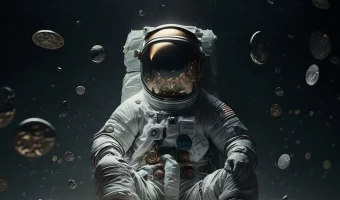
The requirements to become an astronaut are extremely rigorous. Does their salary match the difficulty of their profession?

Why do we use two different words for people doing essentially the same job?

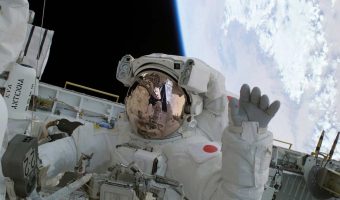
Over the last few decades, only a few people have had the chance to go into space. Here are some facts about astronauts that may amaze you!
